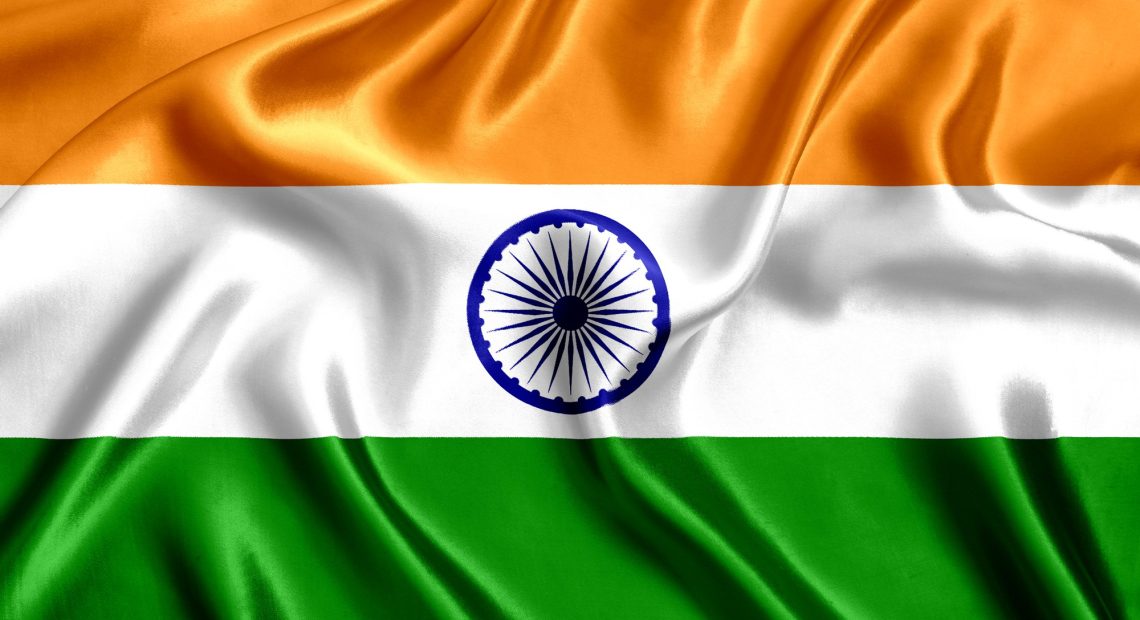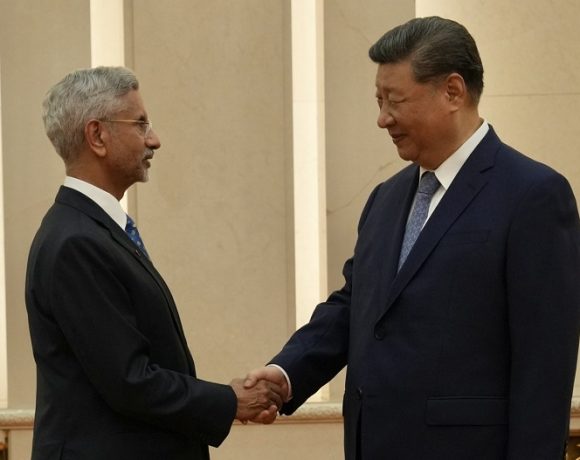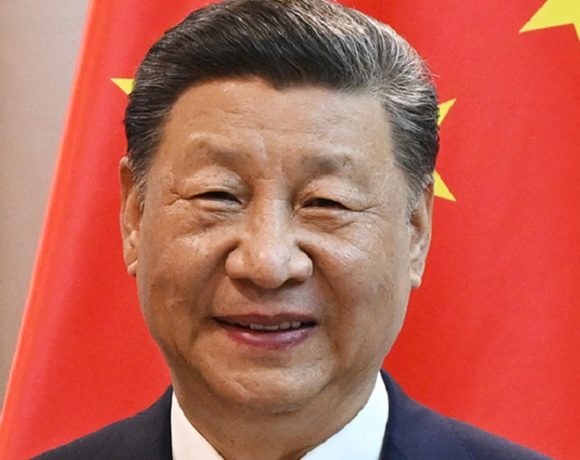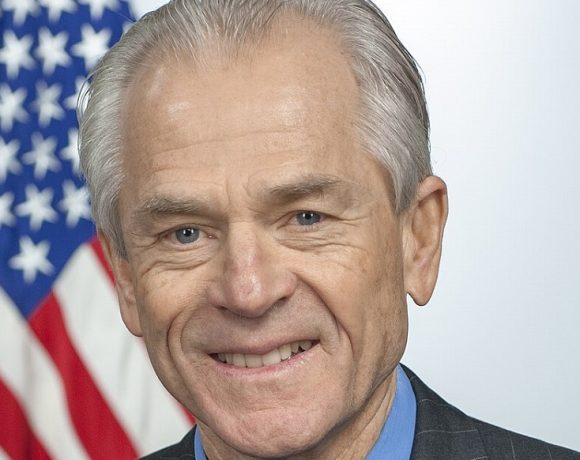
UK-India Free Trade Agreement Nears Completion Amid Border Tax Tensions
The United Kingdom and India are nearing the conclusion of a landmark Free Trade Agreement (FTA), with around 90% of the deal already finalized. The comprehensive pact, aimed at strengthening bilateral economic ties, is expected to significantly reduce tariffs and open new market opportunities across key sectors.
Major Trade Gains in Sight
A core component of the FTA involves reducing import duties on key UK exports to India, including Scotch whisky, cars, and packaged food products. Currently subject to tariffs as high as 150%, these goods will become more competitively priced under the new framework.
India, on the other hand, is set to gain enhanced access for its services sector in the UK market. Professional fields such as IT, architecture, accountancy, and education are expected to benefit from eased restrictions and improved mobility provisions.
Mobility for skilled professionals has been a major point of discussion. The FTA includes new provisions to facilitate smoother visa and employment pathways for Indian workers in the UK, marking a significant win for India’s services sector.
Sticking Points: Border Tax and Tariff Details
Despite the progress, a few contentious issues remain. India has raised concerns over the UK’s proposed carbon border adjustment mechanism—a policy that will impose additional charges on carbon-intensive imports like steel and fertilizers. India is pushing for exemptions from this tax, arguing that it could unfairly penalize developing economies.
Additionally, tariff structures on certain categories like automobiles and pharmaceuticals are still being negotiated, as both sides work to strike a balance between protecting domestic industries and fostering bilateral trade.
Economic and Strategic Significance
The agreement comes at a time when both nations are looking to diversify trade relationships amidst rising global economic uncertainties. The UK, post-Brexit, sees India as a key partner for expanding its trade footprint in the Indo-Pacific. India, meanwhile, views the deal as a stepping stone toward broader integration into Western markets.
The agreement is also expected to support significant investment flows, with recent announcements of joint ventures and cross-border trade initiatives amounting to hundreds of millions of pounds. Talks have even extended into defense collaboration and financial market integration, including potential listings of Indian firms on UK exchanges.
As both countries move to iron out the final details, the anticipated signing of the FTA could mark a major milestone in the evolving strategic partnership between two of the world’s most dynamic economies.


















